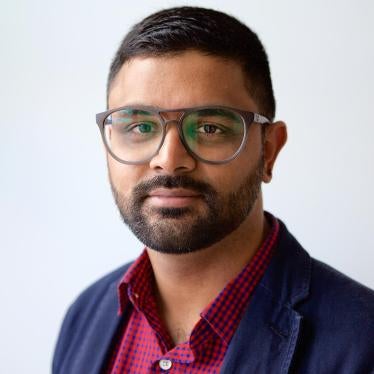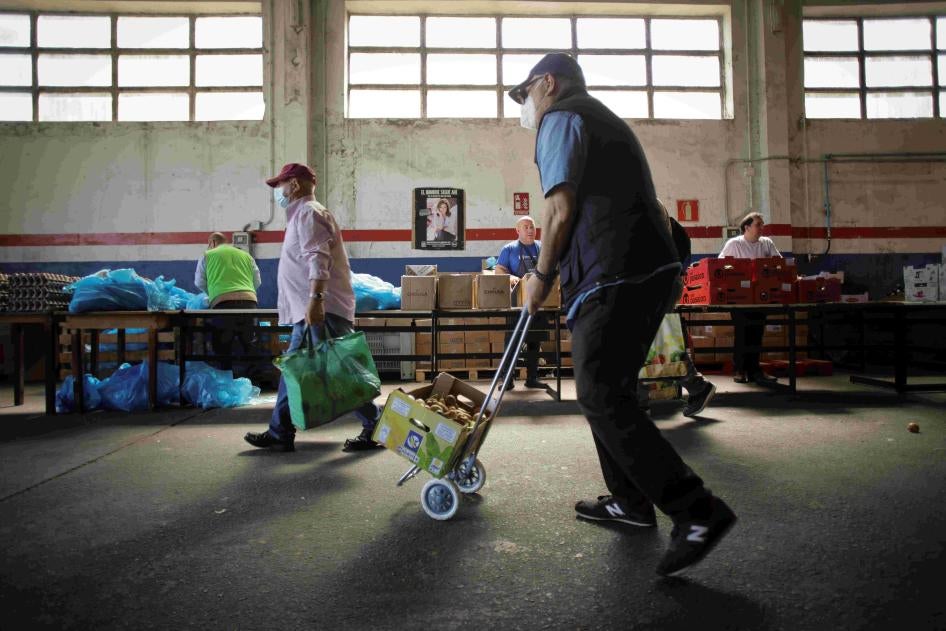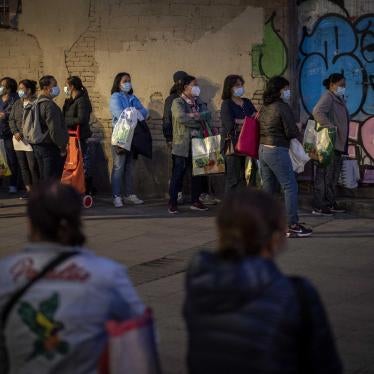Spain’s Prime Minister Pedro Sánchez has been sworn back in and appointed a new Cabinet. While the country faces many human rights challenges, one issue stands out: the need to tackle Spain’s problem with deep poverty and inequality and its impact on people’s human rights.
Official data shows 26 percent of Spain’s population is “at risk of poverty or social exclusion.” Human Rights Watch research in 2022 showed what this means for people and families: not being able to put food on the table, parents skipping meals, and people pawning off their valuables to pay energy bills.
The government should prioritize addressing problems with the Minimum Vital Income (IMV) system, which provides a basic cash benefit to people facing poverty. Introduced in 2020 during the Covid-19 pandemic, the IMV is a valuable addition to Spain’s social protection system. But our research found the support is too little, the application process often too difficult, and too many people are excluded by arbitrary eligibility requirements. Too often, people have to queue at food banks because their applications haven’t been successful.
Age-related pensions are another problem: older people receiving the basic, noncontributory pension get €484 per month, an inadequate amount to make ends meet (the poverty threshold is about €841 per month). A 71-year-old woman told us from a food bank queue: “All I ask for is a bit more, so I don’t have to wait here and beg for food. I’m not even asking for a dignified existence, just enough so I don’t have to beg for alms.” The new government should carefully re-assess the minimum levels of basic pension payments to ensure it fulfills its obligations to ensure older people’s rights, including the right to an adequate standard of living.
There are also serious backlogs in the electronic systems to obtain in-person appointments at social security offices, hindering people from applying for benefits. A clandestine market now exists where appointments are sold at exorbitant prices to people who can ill afford them. Overcoming this backlog is vital for people to be able to access the social security to which they have a right and which is vital to them enjoying other rights.
Poverty and inequality have a corrosive effect on people’s lives and human rights. Spain’s new government has a responsibility to strengthen efforts to tackle these issues through functioning social security and public services systems that protect rights for all.









